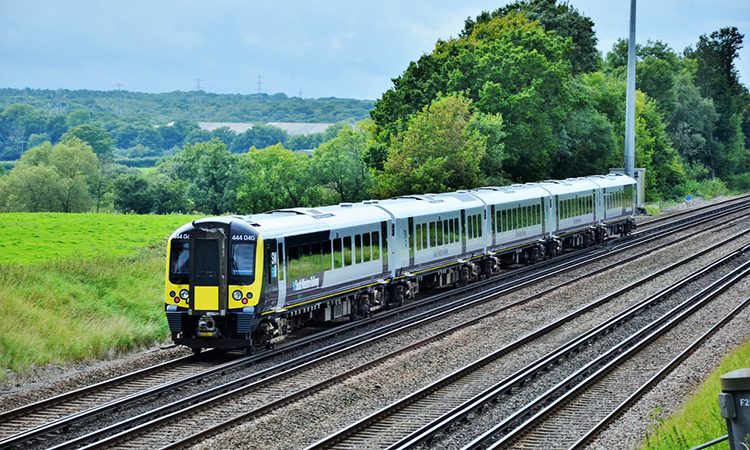South Western Railway to be first train service to return to public ownership
Posted: 4 December 2024 | Global Railway Review | No comments yet
South Western Railway will be the first service to transition to public ownership under new government reforms aimed at improving reliability and passenger focus across the UK rail network.


Credit: South Western Railway
The UK government has announced plans to transfer South Western Railway (SWR) into public ownership by 2025. This follows the recent enactment of the Passenger Railway Services (Public Ownership) Act 2024, which provides the framework for extensive railway reforms.
Transport Secretary Heidi Alexander outlined the government’s vision of creating a reliable and passenger-focused rail system, starting with South Western Railway services. The transition, expected to be completed by Autumn 2025, will save up to £150 million annually by redirecting fees previously paid to private shareholders into service improvements. This shift, according to the government, will not incur additional costs for taxpayers.
The announcement marks the first step in a broader plan to bring all passenger services under public control over the next three years. Services will be operated by DfT Operator Limited, which will eventually integrate into Great British Railways (GBR) – a body tasked with unifying the rail network under a single leadership.
Transport Secretary Alexander said: “For too long, the British public has had to put up with rail services that simply don’t work. A complex system of private train operators has too often failed its users. Starting with journeys on South Western Railway, we’re switching tracks by bringing services back under public control to create a reliable rail network that puts customers first.”
The government has committed to ensuring a smooth transition for passengers, maintaining ticketing systems and staffing levels during the changeover. The restructured railway aims to deliver enhanced performance, reduced delays and better connectivity across the UK.
In addition to operational changes, the Department for Transport (DfT) is implementing measures to improve transparency and accountability, such as displaying performance data at stations. Early improvements, like reduced overcrowding at Euston Station, have already been introduced under a “5-point plan.”
The Railway Industry Association (RIA) welcomed the reforms, with RIA Chief Executive Darren Caplan stating, “The UK supply chain will work with and support the government’s plans to deliver improved rail performance and reliability, as we together develop world-class rail, both track and train. There is now a real opportunity to provide more certainty and visibility over work plans, which will help a reformed railway be a catalyst for boosting growth and connectivity.”
Passengers and advocacy groups have also responded positively to the changes, expressing hope for more consistent and affordable rail services.
While public ownership represents a significant shift, the government acknowledges that successful implementation will require careful planning and collaboration. Shadow GBR, a precursor to the full GBR structure, will oversee initial reforms to align track and train operations.
Related topics
Passenger Experience/Satisfaction, Sustainability/Decarbonisation
Related organisations
Department for Transport (DfT), Railway Industry Association, South Western Railway, UK Government







